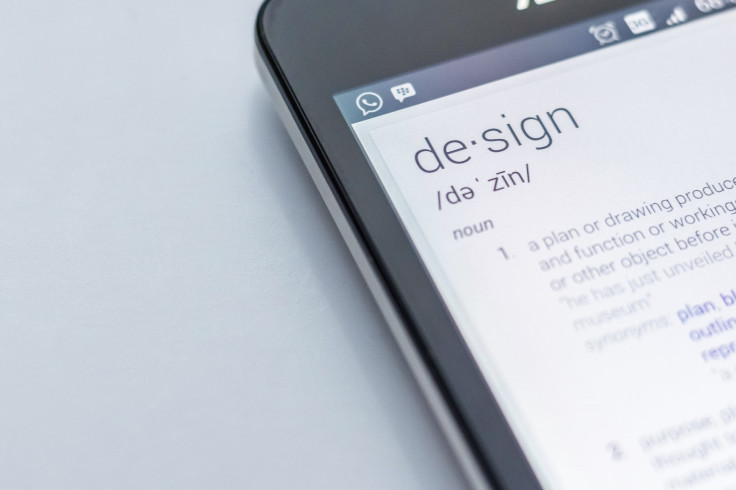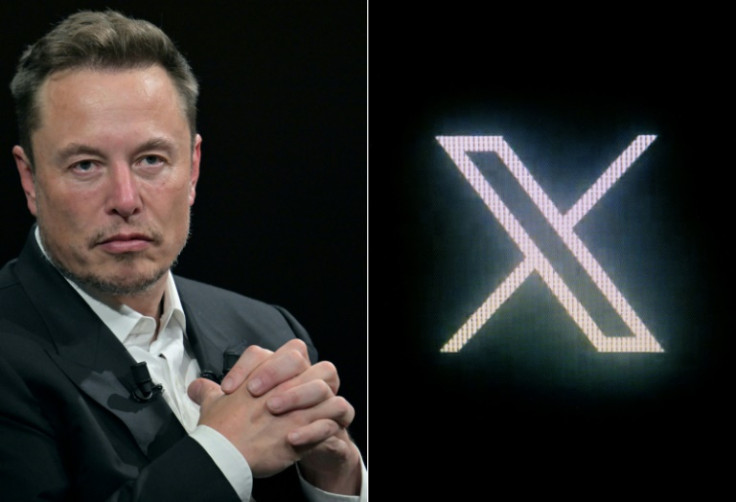
Merriam-Webster has named "authentic" as its Word of the Year for 2023, The Associated Press reported on Monday. The choice of, a result of a spike in searches for the word online, underscores a deep-seated shift and a yearning for genuineness, the outlet explained, as society faces increasingly complex challenges posed by an era marked by deepfakes, post-truth narratives, and the rise of artificial intelligence.
The heightened interest in the term throughout 2023 reflects what editor at large Peter Sokolowski describes as a "crisis of authenticity." In an exclusive interview with AP, Sokolowski highlighted the evolving dynamics of trust in an age where skepticism surrounds everything from student papers to political statements.
The dictionary's data analysts observed a sustained increase in lookups for "authentic," revealing a widespread societal contemplation of the concept as opposed to other years, where particular events played a role in boosting the search of the word.
The resonance of "authentic" extends across diverse domains, from discussions on artificial intelligence and its ethical implications to concrete examples like that of Elon Musk, who during the World Government Summit in Dubai in February urged leaders to "speak authentically" on social media by managing their own accounts.

Merriam-Webster's entry for "authentic" encapsulates a multifaceted definition, encompassing qualities such as being "not false or imitation: real, actual," staying "true to one's own personality, spirit, or character," and being "worthy of acceptance or belief as conforming to or based on fact." The choice of "authentic" follows the 2022 word of the year, "gaslighting," signaling a continuous reflection of societal shifts in language.
Sokolowski emphasizes that the recognition of authenticity as a performance itself underscores a fundamental shift in how society views and values trust. As skepticism grows, the need for genuine expression and authenticity becomes more pronounced, reflecting a broader questioning of what is real and true in an increasingly complex and interconnected world.
Merriam-Webster's criteria for the word of the year exclude evergreen terms like "love" and "affect" and filter out specific five-letter words due to their use in popular word games.
Runners-up for the word of the year include "X" (spiking in lookups after Musk's Twitter rebranding), "EGOT" (related to Viola Davis achieving quadruple-award status), and "Elemental" (spurred by a new Pixar film).
Other notable words in Merriam-Webster's top list for 2023 include "Rizz" (slang for romantic appeal), "Kibbutz" (spiking after attacks on communal farms in Israel), "Implode" (following the Titan submersible's implosion during a Titanic wreckage exploration), "Deadname" (related to transgender identity and rights legislation), "Doppleganger" (linked to Naomi Klein's book), "Coronation" (spiking after King Charles III's coronation), "Deepfake" (rising interest in convincingly altered images or recordings), "Dystopian" (gaining traction amid climate chaos and entertainment), "Covenant" (spiking after a mass shooting at The Covenant School), and "Indict" (linked to legal developments involving former President Donald Trump).
© 2024 Latin Times. All rights reserved. Do not reproduce without permission.
Florida's Marco Rubio says he supports state's six-week abortion ban, a contrast with Trump
Guyana increases level of alert following Venezuela's new troop deployment near its border
TRAC report reveals: Two-Thirds of asylum seekers granted stay in U.S. over last decade
Latino migrants among minors found in Alabama poultry plant belonging to company with troubled history
